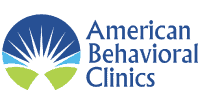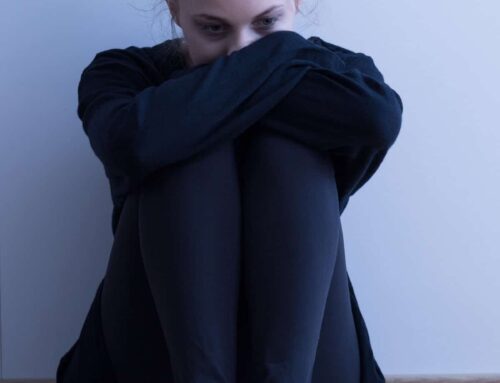What are the Symptoms of PTSD?
Everyone reacts to stress differently. We have no way of knowing in advance what kind of situation will affect us adversely. What upsets one person may not upset another to the same degree or at all. It is no reflection on the “strength” or “toughness” of the individual.
Sometimes the event is so overwhelming that coming to terms with its reality is very difficult. We replay the scene over and over in our minds. It is difficult to stop thinking or talking about it. It intrudes in our sleep in the form of nightmares. This can continue for weeks or months after the actual event and signifies a deeper emotional trauma which comes to the surface only when the process of denial ends. When we delay reactions to an emergency situation in order to act or because the situation is shocking, we are possible candidates for post-traumatic stress disorder.
Symptoms:
✅ Reliving: These symptoms are experiences of the trauma again through dreams, flashbacks and hallucinations.
✅ Avoiding: Individuals avoid people, thoughts, and places that may remind them of the traumatic event and can lead to isolation from family and friends.
✅ Increased arousal: These symptoms include but are not limited to: difficulty sleeping, irritability, easily startled.
✅ Physical symptoms: These symptoms include but are not limited to: high heart rate, blood pressure, muscle tension, nausea.
Why People choose American Behavioral Clinics
Meeting with mental health professionals at American Behavioral Clinics immediately after the incident is important to head off PTSD before it starts. People often need to be given permission to discuss their feelings. Counseling soon after the onset of PTSD is very effective, and with time the syndrome can be treated successfully.
A variety of therapies can help; however, you will only begin treatment for PTSD until after being removed from the traumatic event. Treatment for severe depression, suicidal tendencies, or drug or alcohol abuse will be provided first. Types of therapy include:
✅ Cognitive behavioral therapy: Change thinking patterns
✅ Exposure therapy: revisiting root cause of trauma
✅ Medication management: may help with anxiety, depression, and insomnia
There is no cure for PTSD, but the symptoms can be effectively managed to restore the affected individual to normal functioning. The best hope for treating PTSD is a combination of medication and therapy. By working with our healthcare professionals, patients with PTSD can resolve their triggering factors and learn new and effective ways of coping with the stress of the past trauma.
Read more about how our individual and group therapies at American Behavioral Clinics can help, contact your nearest location to make an appointment today!
Existing Patients and New Patients, Call us to schedule an appointment, get a prescription refill or just to ask a question:
New Patients ONLY - Want to contact us through a form? CLICK HERE to fill out our contact form.




